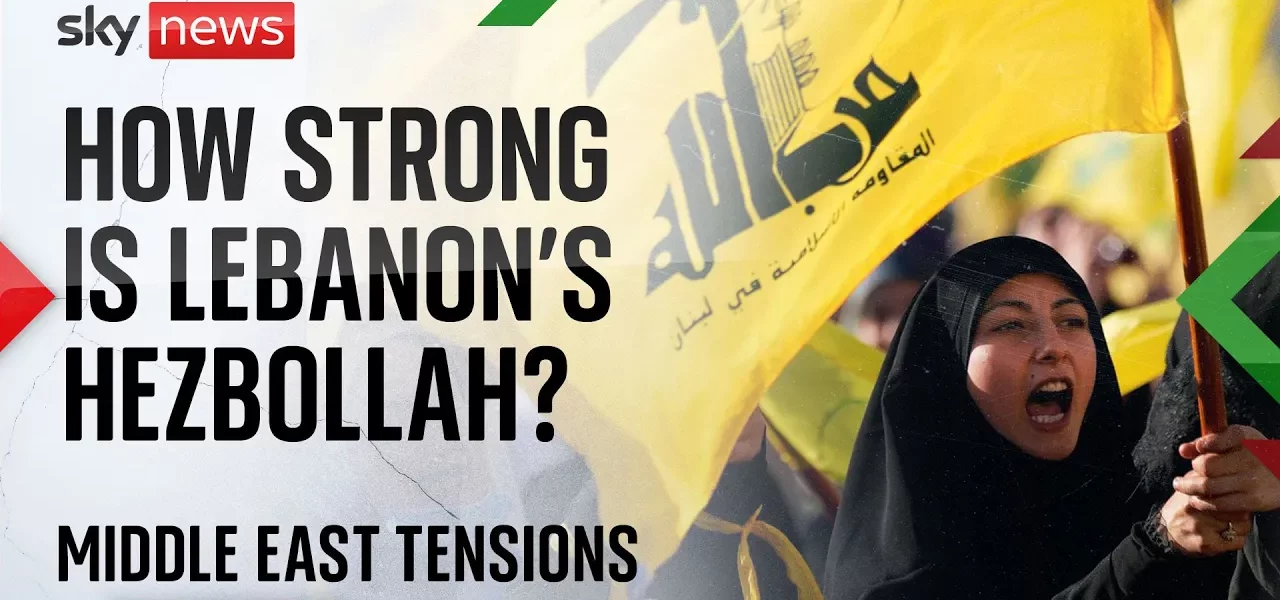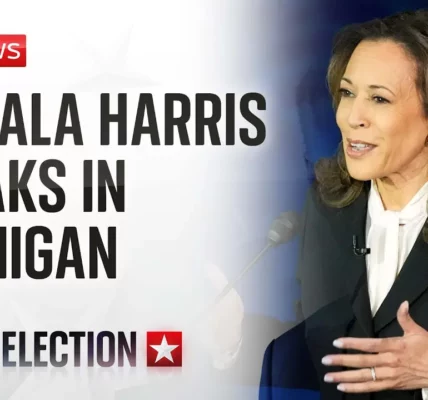The Rise and Influence of Hezbollah: A Comprehensive Overview

This article delves into Hezbollah’s military strength, political power, and historical background, exploring its complex role in Lebanon and its broader implications in regional conflicts.
Introduction
Hezbollah, a powerful military and political force in Lebanon, has garnered significant attention due to its complex history and controversial activities. Designated a terrorist organization by various nations, including the United States and the United Kingdom, Hezbollah’s reputation is a tapestry of fear and admiration within Lebanon. This article will explore the origins, military capabilities, and political dynamics of Hezbollah, providing a thorough understanding of its impact on Lebanon and the surrounding region.
The Origins of Hezbollah
Hezbollah was founded in the early 1980s during Lebanon’s devastating Civil War, primarily as a response to Israel’s invasion and subsequent occupation of parts of Lebanon. This section outlines the initial motivations behind Hezbollah’s formation and the influence of Iran in its establishment.
Formation and Early Years
Hezbollah emerged as a Shiite militant group with the goal of resisting Israeli actions in Lebanon. The group was significantly supported by Iran, which provided military training, funding, and ideological guidance. Key events during this period include:
- The 1982 Israeli invasion of Lebanon.
- The establishment of a network of social services and militias.
- The early use of guerrilla warfare tactics against Israeli forces.
Notable Attacks and Designation as a Terrorist Group
In the 1980s and 1990s, Hezbollah gained notoriety for its terrorist attacks, including:
- The 1983 U.S. Marine Barracks bombing in Beirut, resulting in over 200 U.S. casualties.
- The 1994 bombing of the AMIA Jewish Community Center in Buenos Aires, killing 85 people.
These attacks contributed to Hezbollah’s designation as a terrorist group by multiple countries, impacting its international standing and relations.
Hezbollah’s Military Capabilities
Hezbollah has transformed from a guerrilla group into a formidable military force, significantly influencing regional dynamics. This section discusses its military evolution, capabilities, and recent developments.
From Guerrilla Tactics to Conventional Warfare
Hezbollah’s military strategies have evolved, especially following the Israeli withdrawal from southern Lebanon in 2000. The group has developed a structured military organization, including:
- Over 100,000 fighters.
- Special elite forces units.
- A sophisticated arsenal that includes precision-guided missiles.
Recent Conflicts and Escalations
The conflict with Israel reignited in 2006, following a cross-border attack by Hezbollah. This resulted in a devastating war that showcased Hezbollah’s military capabilities, leading to:
- Significant destruction in both Lebanon and Israel.
- A shift in perception regarding Hezbollah’s military strength and resilience.
Hezbollah’s Political Influence in Lebanon
Beyond its military prowess, Hezbollah’s role in Lebanese politics is substantial. This section examines how Hezbollah has integrated into the Lebanese political system and its implications for the country.
Political Structure and Representation
Hezbollah has gained considerable political power, holding seats in the Lebanese Parliament and cabinet positions. Its political influence is rooted in:
- Support from the Shiite community.
- Provision of social services and economic support in areas it controls.
- Strategic alliances with various political factions.
Divisions within Lebanon
While Hezbollah has a loyal support base, its actions have also led to significant divisions within Lebanon. Various political factions, particularly among Christian and Sunni communities, express strong opposition to Hezbollah’s influence. Key points include:
- Calls for disarmament and respect for Lebanese sovereignty.
- Concerns over Hezbollah’s involvement in regional conflicts, such as the ongoing situation in Gaza.
Conclusion
Hezbollah remains a complex entity with profound implications for Lebanon and the broader Middle East. Its military capabilities and political influence pose challenges and opportunities for peace and stability in the region. Understanding Hezbollah’s role is crucial for any analysis of Middle Eastern geopolitics.
For further insights into Hezbollah and its impact on regional dynamics, explore our related articles on Middle Eastern conflicts and terrorism in the region.
“`




